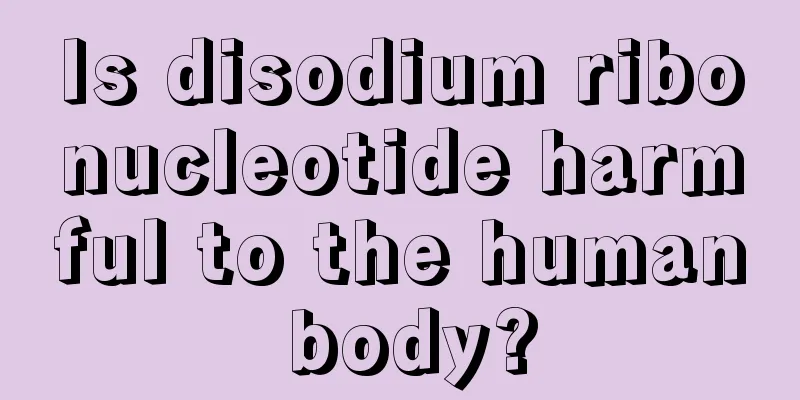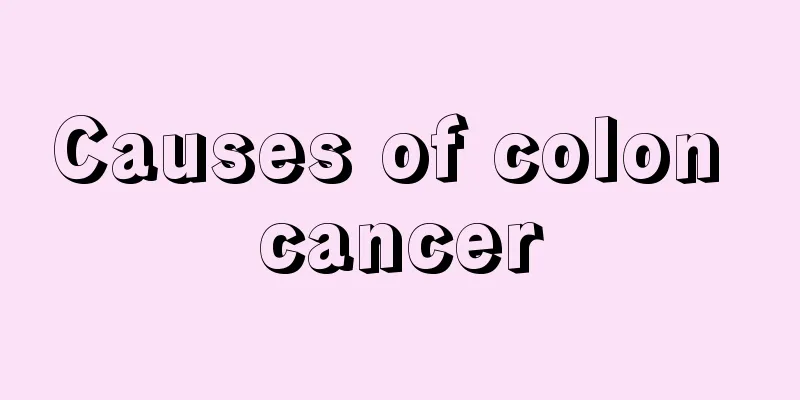What should patients with esophageal cancer pay attention to in terms of diet?

|
Esophageal cancer itself is a digestive system disease, so the patient's postoperative diet is crucial to the recovery of esophageal cancer patients. Due to esophageal damage and intake disorders after surgery, patients often have varying degrees of water and electrolyte disorders, which can be corrected through intravenous infusion. Secondly, attention should also be paid to diet. The following is an introduction to the esophageal cancer diet. Esophageal cancer diet arrangement: 1. Provide high-energy nutritious food that is easy to digest and absorb, mainly soft food and liquid food; 2. Do not consume too much at one time, especially elemental diet, to prevent gastrointestinal discomfort; 3. Avoid eating rough, hard, or overly hot food; 4. Avoid spicy and irritating foods, such as peppers, raw onions, ginger, garlic, etc.; 5. It is best to sit or stand after feeding to avoid food reflux. 6. Avoid eating moldy, rotten or spoiled food, and avoid eating smoked, roasted or pickled food; 7. No smoking or drinking. Some other precautions for patients with esophageal cancer in their daily life and diet: 1. Eat less at each meal than before surgery. Patients often feel full after eating a small amount of food, so they should eat small meals frequently, 4-5 meals a day. Walk more after eating to promote gastrointestinal motility. 2. The surgery damages the nerves of the stomach. Some patients do not feel hungry after the surgery, so they need to eat at regular times and in fixed amounts. Otherwise, not eating on time often leads to malnutrition in patients after discharge. The contents of the stomach are easy to reflux, so you should raise your shoulders and back when sleeping, keep your upper body at a certain angle, and do not eat two hours before going to bed. If the contents of the stomach reflux into the mouth and then enter the trachea and lungs, it will be life-threatening. Some dietary rules for patients with esophageal cancer: 1. Dietary prevention: Dietary treatment of esophageal cancer focuses on prevention. Pay attention to preventing food from getting moldy, eat fresh vegetables and fruits, and change previous bad eating habits. Use bleaching powder to treat drinking water to reduce the nitrite content in the water, and take vitamin C regularly to reduce the formation of nitrosamines in the stomach. In addition, when fertilizing vegetables, avoid the accumulation of nitrites, and apply molybdenum fertilizer. Riboflavin should be given to those with moderate or severe hyperplasia of esophageal epithelial cells to correct vitamin A deficiency. Try to do early inspection, early diagnosis, and early treatment. 2. Nutritional supplement: Esophageal cancer is different from other tumors. It is not that the patient has a poor appetite, but that the patient has difficulty swallowing and cannot eat, which causes the body to consume. Therefore, patients should eat more semi-liquid and full-liquid food, pay attention to the quality of semi-liquid and full-liquid food, do not limit calories, and make sure that the food is nutritious, soft, easy to digest and absorb. If necessary, patients can make homogenized meals, elemental meals and mixed milk meals. Homogenized meals are made by removing the thorns and bones from normal people's food and blending them into a paste with a high-speed tissue pounder. The nutrients they contain are similar to those of normal food, but they have been crushed in vitro and are very easy to digest and absorb. This can avoid a long-term single diet and prevent constipation. The heat energy and nutritional requirements of homogenized meals can be prepared in a variety of recipes according to the condition and personal eating habits. Rice, porridge, noodles, steamed bread, eggs, fish, shrimp, chicken, lean meat, pork liver, cabbage, carrots, rapeseed, white radish, winter melon, potatoes, and appropriate amounts of milk, soy milk, tofu, dried bean curd and other foods can be selected. Preparation of homogenate meal: Clean chicken, lean meat, fish, shrimp, vegetables, etc., remove bones, skin, and thorns, cut into small pieces and cook or fry, remove the skin of steamed buns, boil and shell eggs and cut into pieces, mix all the food needed for each meal, add appropriate amount of water and mash them together (medical tissue pounder or food pounder can be used for mashing), and add 1 to 2 grams of salt per meal after all are mashed into a particle-free paste. Alternatively, stir-fry the vegetables and mix them with the crushed steamed buns, mash them with a tissue pounder, and then take them orally or tube-feed them. Encourage eating more. 3. Postoperative diet: Diet for esophageal cancer needs to be prohibited. Generally, after 3 to 4 days, intestinal peristalsis is restored and the gastric tube is removed. On the fifth day, a liquid diet without residue can be taken. Water is the main food, 50 ml each time, once every 2 hours. On the sixth day, a liquid diet is taken, mainly rice juice, once every 3 hours, 100 ml each time. On the seventh day, egg soup and porridge are the main foods, 200 ml each time. Once every 4 hours. Generally, a semi-liquid diet is taken on the twelfth day after surgery, mainly light and easily digestible food. The esophagus after surgery is different from the normal esophagus, and more attention should be paid to dietary hygiene, avoiding the consumption of irritating foods and seasonings, and small meals should not be too hot or too hard. The above is a brief introduction to "What should esophageal cancer patients pay attention to in their diet?" For people who are related to the pathogenic factors of esophageal cancer, it is recommended to take preventive measures for esophageal cancer and receive specific treatment according to the doctor's instructions. I hope that patients can recover soon! If you have other questions about esophageal cancer, please consult our experts online or call for consultation. Esophageal cancer http://www..com.cn/zhongliu/sda/ |
<<: What diseases can be complicated by esophageal cancer?
>>: How can we effectively prevent lung cancer?
Recommend
How to exercise after chemotherapy for breast cancer
Chemotherapy is one of the main methods for treat...
How to remove ice from the refrigerator better
The refrigerator is one of our household applianc...
What are the common symptoms of pituitary tumors
What are the common symptoms of pituitary tumors?...
What should I do if my arm gets swollen after infusion
There are many diseases that require intravenous ...
The cure rate of tongue cancer
Tongue cancer is quite common. It is not just a c...
Can patients with nasopharyngeal cancer eat chicken, duck, fish and meat?
Nasopharyngeal cancer patients can eat chicken, b...
What are the differences between Chinese and Western medicine in treating liver cancer? How to manage the diet of liver cancer patients?
Liver cancer is the second most common cancer in ...
How to take care of your hair after bleaching and dyeing?
Bleaching and dyeing hair is a very common way of...
My left cheek hurts
In daily life, many people have experienced cheek...
What are the hazards of decoration to human body
Nowadays, there are more and more things that are...
Will uterine cancer be inherited by offspring
Inheritance, will patients with endometrial cance...
What are the tips for unclogging a clogged water pipe?
Now many rural areas have begun to implement drin...
What harm does ovarian cancer do to women
Women with ovarian cancer may suffer from inferti...
Do I need to take medicine after thyroid cancer surgery
In our lives, thyroid cancer patients generally n...
What are the characteristics of osteosarcoma attacks
What are the characteristics of osteosarcoma? Ost...









